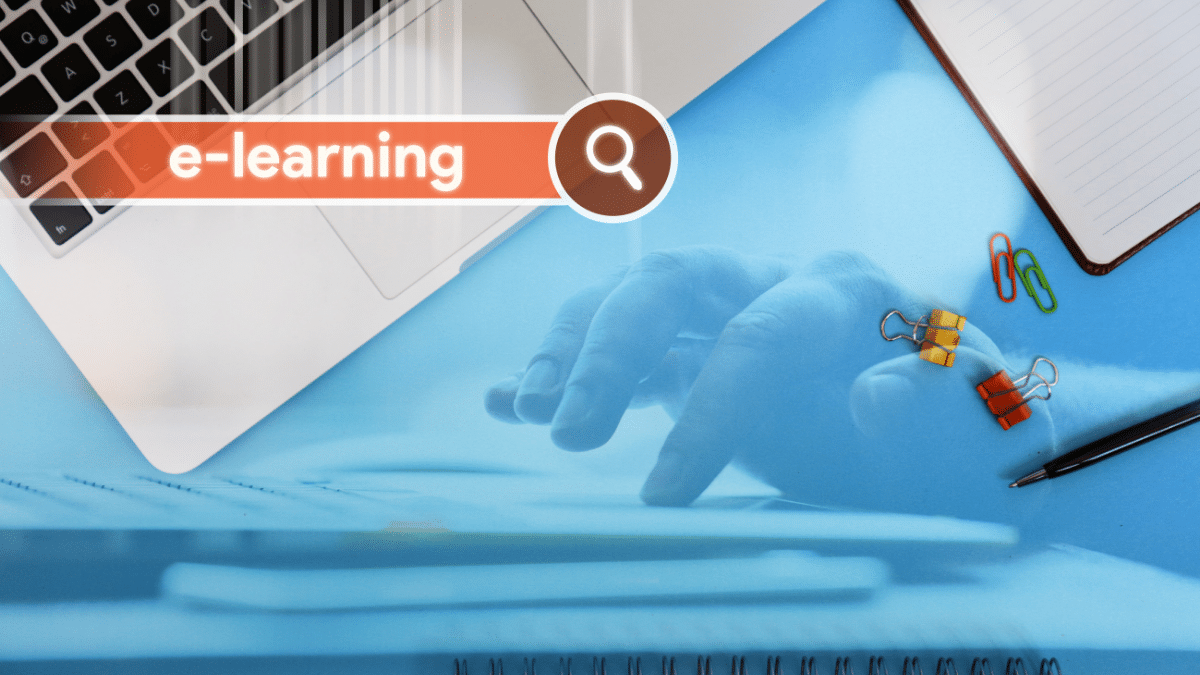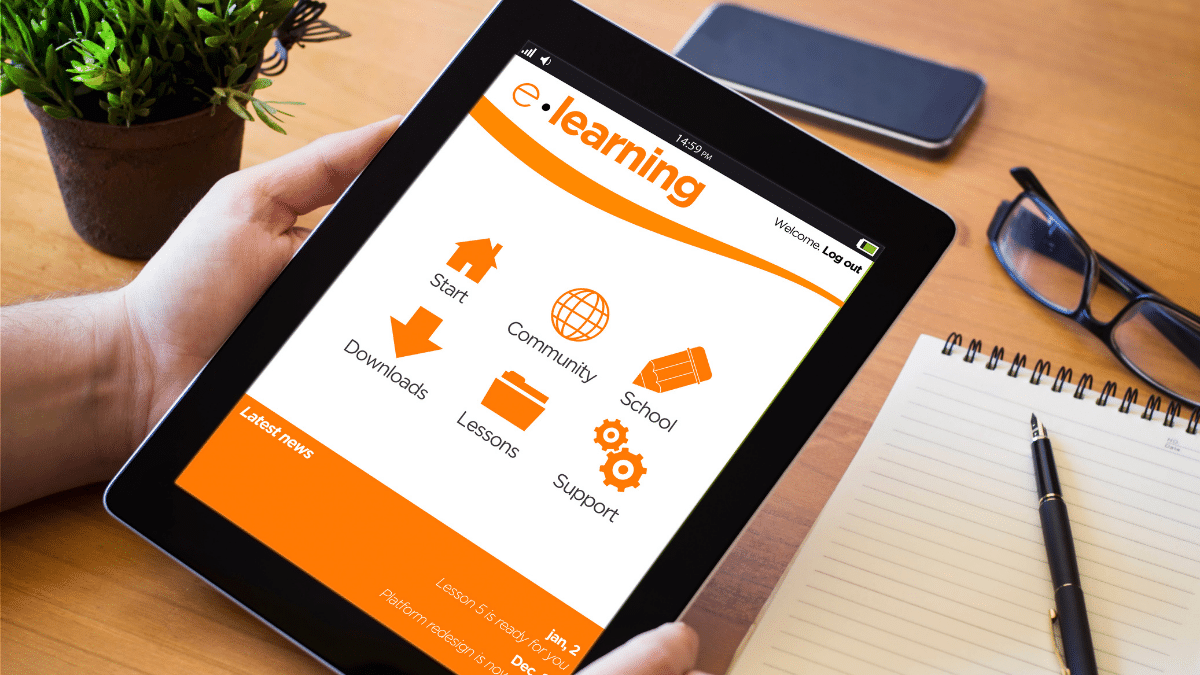Choosing the Right E-Learning Platform in South Africa: 7 Key Factors To Consider

Feeling overwhelmed by the number of online learning platforms out there?
You’re not alone.
With the explosion of online education South Africa, it seems like a new platform pops up every month—each claiming to be better, faster, or more affordable than the rest.
But here’s the thing: not all e-learning platforms are created equal.
Choosing the wrong one can lead to frustration, wasted money, and hours spent trying to make sense of confusing content or clunky technology.
Choosing the right one?
That can change everything.
It can boost your confidence, build your skills, and open doors to real academic and career growth.
So whether you’re a high school learner, a university student, or an adult looking to improve your qualifications, this guide will help you make the right call.
Let’s break down the seven key factors to consider when picking the perfect platform for your educational goals.
1. Accreditation and Credibility
This is non-negotiable.
Before enrolling in any course, check if the platform or provider is:
- Accredited by the South African Qualifications Authority (SAQA)
- Affiliated with a recognised university or college
- Partnered with industry experts or professional bodies
Why it matters:
A certificate is only as valuable as the institution behind it.
Red flags to avoid:
- No contact details or office address
- Over-promising outcomes (“Guaranteed job placement!”)
- No evidence of real instructors or course creators
Tip: Google the platform’s name + “reviews” or check on platforms like HelloPeter for local feedback.
2. Course Content and Relevance
A course may sound fancy, but is it actually useful?
Ask yourself:
- Does this course align with my goals (academic, professional, personal)?
- Is the content up-to-date and localised for South African learners?
- Is it too basic or too advanced for my current level?
Example:
If you want to learn business management, look for a platform that covers both global principles and local case studies relevant to the South African market.
Good signs:
- Clearly listed course modules and learning outcomes
- Sample videos or previews available before purchase
- Options for continuous learning or advanced modules
Read More- Beginner’s Guide to Financial Literacy in South Africa (Free Course Inside)
3. Learning Format and Flexibility

Not everyone learns the same way.
The best e-learning platforms offer flexible, learner-friendly formats like:
- Video lectures (with transcripts or subtitles)
- Downloadable notes and slides
- Live sessions with Q&A
- Self-paced modules
- Interactive quizzes or exercises
- Mobile-optimised lessons
Think about your lifestyle:
- Are you working while studying?
- Do you only have time in the evenings?
- Will you need offline access due to load shedding or data costs?
Ideal platforms give you control over your pace and schedule.
4. Technology and Ease of Use
Great content is useless if the platform is a nightmare to use.
Before signing up, explore:
- Is the dashboard simple and intuitive?
- Does the platform work on mobile as well as desktop?
- Are there frequent technical glitches or login issues?
- Can you easily track your progress?
Poor design = poor motivation.
Bonus: Look for platforms that let you download content for offline learning—especially helpful in areas with spotty internet or frequent load shedding.
5. Support and Community Access
When studying online, things can go wrong.
You might miss a deadline, struggle with a concept, or feel lost without a tutor.
That’s why good support is essential.
Top e-learning platforms offer:
- Live chat or email support
- Access to tutors or mentors
- Peer forums or WhatsApp study groups
- Quick response times for questions
Community = accountability.
Having a place to ask questions, share wins, or vent about challenges can make all the difference—especially in distance learning courses.
6. Affordability and Value for Money
Let’s face it—price matters.
South African students often juggle multiple responsibilities, and expensive international platforms may not be realistic.
But don’t just go for the cheapest option.
Ask:
- What do I get for the price?
- Is it a once-off payment or a monthly subscription?
- Do I get lifetime access to the material?
- Is there a refund policy or free trial?
Look for:
- Bundles or discounts
- Sliding scale pricing
- Financial aid or bursaries
Some great platforms offer free versions with the option to upgrade later—perfect for budget-conscious learners.

7. Assessment and Certification
At the end of the course, what will you walk away with?
A PDF certificate? A professional badge? University credits?
A good certification:
- Is shareable on LinkedIn
- Includes a unique ID number
- Mentions course hours or competency level
- Is recognised by local or global employers
Also consider:
How are you assessed?
- Multiple-choice quizzes?
- Written assignments?
- Live presentations?
- Peer review?
The way you’re evaluated should align with your learning goals and preferred assessment style.
Why These Factors Matter for Online Education South Africa
South Africa’s education system is evolving rapidly.
Millions of learners are turning to digital spaces—especially since the pandemic made online education South Africa not just an option, but a necessity.
Choosing the right platform means choosing:
- Greater chances of success
- Less stress and wasted time
- A certificate or skill that actually helps you progress
Whether you’re looking for study tips, your first professional course, or a career-altering qualification, your platform matters.
Read More: How Live Financial Sessions Help You Make Smarter Investment Choices?
Quick Checklist: What to Ask Before You Enrol
Here’s a 10-question cheat sheet to keep handy:
- Is the platform or provider accredited in South Africa?
- Does the course content meet my learning needs?
- Is it self-paced, or will I need to attend live sessions?
- Can I access it on mobile and offline?
- Are there real instructors or tutors available?
- Is the interface easy to use and navigate?
- How much does it cost, and are there hidden fees?
- What type of certificate will I receive?
- Is there a support community or discussion forum?
- Are there local reviews or testimonials available?
If you answer “yes” to most of these, you’re on the right track.
Common Mistakes When Choosing E-Learning Platforms (And How to Avoid Them)
Let’s not sugar-coat it—mistakes happen.
Here are the top ones to avoid:
-
Choosing Based on Ads Alone
Always do your research. Slick marketing doesn’t always mean quality education.
-
Ignoring Tech Requirements
Some platforms don’t work on low-end phones or browsers. Check compatibility first.
-
Overcommitting
Don’t sign up for five courses at once. Start with one and build your study habit.
-
Not Reading the Fine Print
Check refund policies, subscription renewals, and course access duration.
-
Skipping Reviews
Local reviews often reveal real insights about platform usability, support, and content quality.

Conclusion: Make the Smart Choice for Your Future
The rise of e-learning platforms in South Africa means learners have more freedom than ever to study what they want, when they want, and how they want.
But with freedom comes responsibility.
Choosing the right platform is not just about convenience. It’s about making a meaningful investment in your future.
When you focus on accreditation, relevance, flexibility, usability, support, affordability, and certification—you give yourself the best chance to succeed.
Whether you’re aiming to finish school, earn a new credential, or master a new skill, your learning journey starts with a smart first step.
Choose wisely. Learn confidently. Grow continuously.
FAQs about South African E-Learning Platforms
-
Are there any worldwide e-learning systems approved in South Africa?
A few are, but not all. Always find out whether a relevant South African or foreign accreditation authority sponsors the course.
-
For those in high school, which free e-learning platform is best?
Zero-rated, data-friendly, curricular-aligned materials abound from Snapplify, Vodacom e-School, and Siyavula.
-
Can I study a whole degree online from South Africa?
Of course. Accredited online degrees and remote learning courses are available through institutions such UNISA, University of Johannesburg, and others.
-
Should I lack a laptop, what would happen? Are e-learning tools still usable?
Yes. Many systems are mobile-optimised, and some even provide USSD or WhatsApp-based learning for low-data settings.
-
How can I stay driven when studying online?
Plan, divide work into manageable chunks, form a study group, and treat yourself for advancement. Consistency rules out cramming every time.





